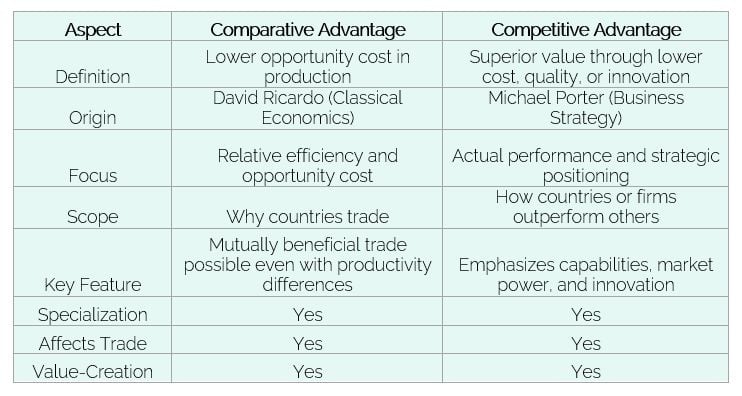In the hospitality industry, economics is vital because it allows businesses to understand market dynamics, optimize resource allocation and make informed financial decision. These principles help companies adapt to the fluctuations in global economic conditions and tourism. By having a good understanding of economics and business, hospitality professionals are able to work efficiently and effectively in an unpredictable and dynamic environment. Studying economics gives us insights into how the markets function, prices are determined and how policies affect employment, inflation and growth. The study of economics also helps us evaluate trade-offs and costs, as well as make informed decisions both in a personal context and a societal one. The study of economics can also be used to address pressing global issues such as inequality, financial instability and sustainability.
In our previous article, we examined key economic concepts often overlooked or misunderstood. In Part 1We began our study by looking at the stock market and bond markets, as well as how they relate to other themes, such a tariffs, trade and trust. In Part 2We have already discussed the benefits of trade and introduced comparative advantage as a fundamental concept. This article will concentrate on a concept that is closely related: Competitive Advantage.
David Ricardo wrote in the early 1800s about the comparative advantages and the mutually beneficial nature of trade. This was done by combining the principles of free trade and specialisation. Although this concept might seem “too idealistic” to some, it has a very important message: it’s possible to achieve a win-win scenario if all participants work together and are willing to look beyond the short-term gain maximisation. This can create risks and dependency. It may also cause certain countries to specialize in the export of primary commodities and raw material due to global supply chains.
Nevertheless, the philosophy of comparative advantage offers many takeaways that can help people think and focus on common wins.
On the other hand, Porter’s idea of competitive advantage (created a century later) tries to address some of the shortcomings of comparative advantage by adding a more company-related twist. “A firm is said to have a competitive advantage when it is implementing a value-creating strategy not simultaneously being implemented by any current or potential player.” He envisioned this happening either by cost advantage, differentiation or focus. A cost advantage occurs when a company can offer the same products or services as its competitors but at a lower cost. A differentiation advantage arises when a company delivers different/unique products or services that better meet the specific needs of its customers compared to those of its competitors. The focus strategy can also be called the segmentation strategy, which includes geographic, demographic or behavioural segmentation.
The idea of competition / competitive advantage is strongly business-oriented and focuses on profit maximisation strategies. A competitive strategy is defined as a company’s long-term plan to gain a competitive advantage over its competitors in the industry. It aims to create a defensive position (a strong, sustainable market standing that protects the company from competitive pressures) in an industry and generate a superior ROI.
Interestingly, we’ve ended up with two closely related terms: comparative advantage and competitive advantage, used in different contexts: one rooted in international economics, the other in business strategy. They’re strikingly similar in wording, yet conceptually, they can be both remarkably close and fundamentally different simultaneously.
What do you think? Were you already aware of these distinctions when shaping your business strategies? I’d love to hear your perspective.



